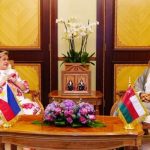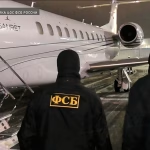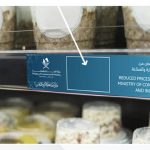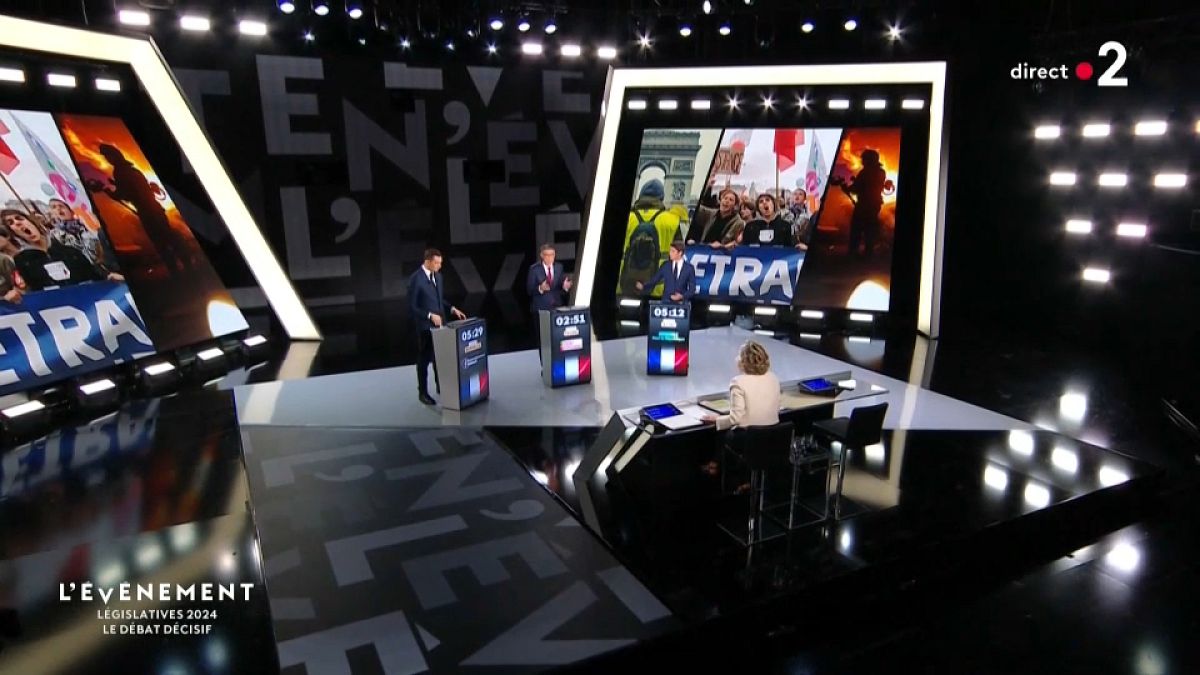The upcoming snap legislative elections in France have stirred controversy over the issue of potentially sending French troops to Ukraine. National Rally president Jordan Bardella and Olivier Faure of the French Socialist Party have criticized President Emmanuel Macron’s comments about not ruling out deploying troops to Ukraine. However, Prime Minister Gabriel Attal has defended Macron’s position, stating that France fights to defend its values in supporting Ukraine’s freedom from Russian aggression.
Three major party leaders recently participated in a televised debate ahead of the French legislative elections. Bardella, Faure, and Attal discussed pressing issues such as purchasing power and domestic security, but the focus remained on the war in Ukraine. Bardella emphasized his support for Ukraine while also expressing a reluctance to send French soldiers to the region. Faure condemned Macron’s openness to sending troops, highlighting potential division among Europeans and providing Putin with unwanted information.
In light of Macron’s remarks, Bardella and Faure’s criticism underscores a division within French politics regarding intervention in Ukraine. Bardella’s stance prioritizes support for Ukraine while avoiding direct military involvement, emphasizing the need to prevent escalation with Russia. Faure advocates against sending troops but supports aiding Ukraine through other means, such as providing long-range missiles. These differing viewpoints highlight the complexity of France’s approach to the conflict in Ukraine.
Attal’s defense of Macron’s position reinforces the idea that supporting Ukraine aligns with defending French values and interests. By refusing to set red lines for themselves amid Putin’s actions, Macron’s government aims to show solidarity with Ukraine while also maintaining diplomatic flexibility. Attal’s remarks emphasize the importance of upholding principles of freedom and democracy in the face of external threats, echoing Macron’s rationale for considering military options in Ukraine.
As the snap legislative elections approach, political parties are jockeying for position, with the far-right National Rally leading in the polls. Macron’s Renaissance party faces a challenging landscape, trailing behind both the National Rally and the left-wing coalition of the New Popular Front. Macron’s warning about the dangers of political extremism and civil war reflects the high-stakes nature of the elections. With the first round of voting scheduled for June 30 and the second round on July 7, the outcome will shape France’s approach to critical domestic and international issues, including the conflict in Ukraine.
Despite the controversy surrounding Macron’s comments on potential troop deployment to Ukraine, the key players in the French political arena are grappling with how to navigate the complexities of the situation. Bardella, Faure, and Attal represent differing perspectives on the best course of action, from supporting Ukraine without direct military involvement to exploring alternative forms of assistance like missile aid. The upcoming elections will serve as a litmus test for France’s political direction, with implications for its stance on key global issues and the balance between national interests and international solidarity.











